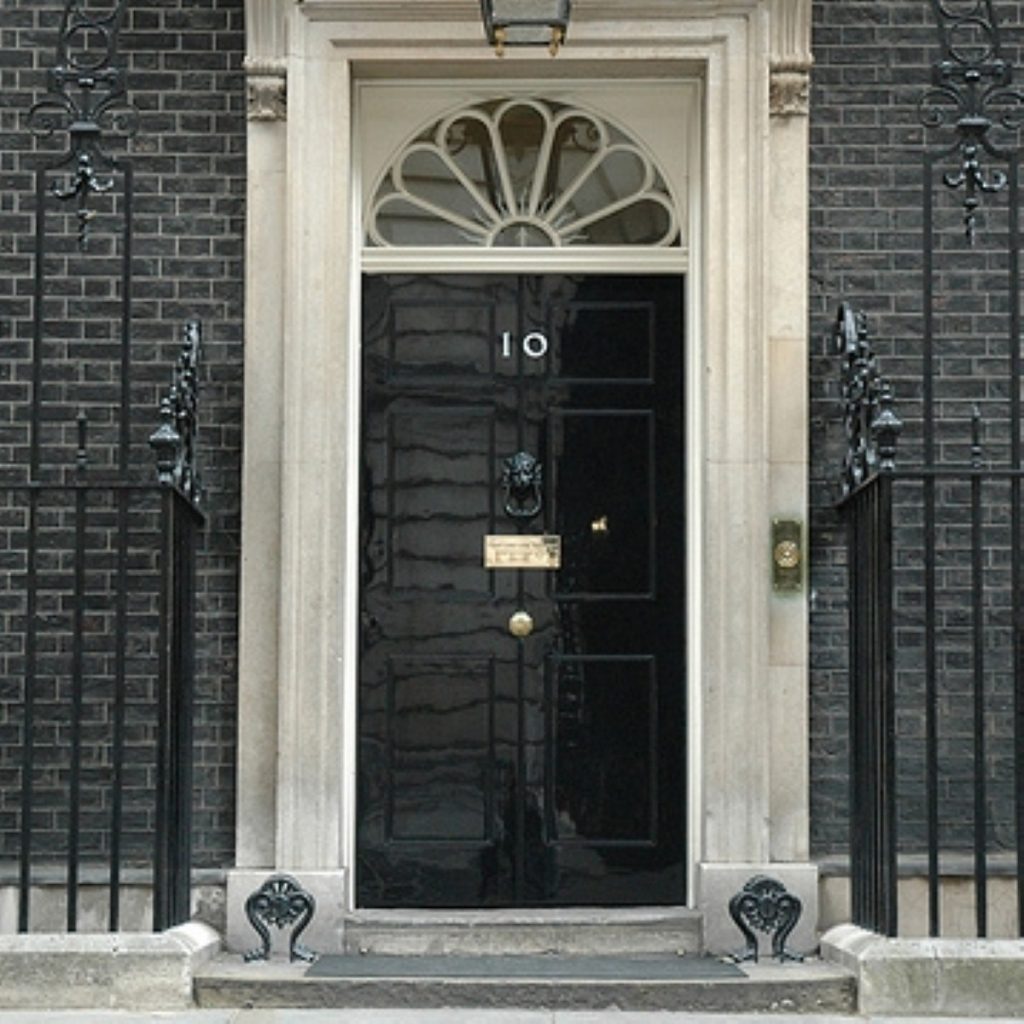Institutionalising the coalition’s collapse
Changes in Downing Street are rebalancing the policy playing field back towards the Tories – but leaving unresolved tensions as 2015 approaches.
At some stage over the next two years a moment of realisation will occur to the great collective brain of Whitehall. Instead of their usual job of being the means to a strong and stable government, it will occur to the civil service that its main job has become a much trickier proposition: helping their political masters best each other in the looming general election.
When it happens -and it seems likely this moment of truth will arrive sooner rather than later – it will not be a completely new dilemma. There are rules governing the extent to which civil servants can help politicians conduct analysis of policy proposals that could well end up in an election manifesto. The opposition gets its own protocols for limited civil service assistance, too.
What makes the current conundrum a little more devilish is the coalition nature of government.
Right now there aren't any formal guidelines in place to govern this process. Civil servants worrying about the problem may want to consider looking at the way other countries deal with this; or even in Scotland, where parallel policy development tracks were agreed in which either party was permitted to request advice or assistance, effectively feeding into the manifesto, which would be kept confidential.
Until then a more informal drift towards internal coalition cold war will slowly progress in the coming months. Eyebrows are being raised in Westminster: the noise of hammering and clanking emerging from the engine room in No 10 suggest David Cameron is frantically reorganising to boost the Conservatives' standing long before 2015.
"No 10 just hasn't been the engine room of government in the way it was under Blair and Brown," says Akash Paun of the Institute for Government thinktank, which will be carefully monitoring the development of exactly this problem over the rest of 2013. Cameron would have shunned Blair's style of government-by-sofa even if he had won an overall majority, he explains, but the requirements of coalition – lots of committee meetings, especially the 'quad' of Cameron, Nick Clegg, George Osborne and Danny Alexander – have weakened No 10 even further.
Initially they overshot. Andrew Lansley's out-of-the-blue NHS reforms taught Downing Street the bitter lesson that even secretaries of state couldn't be trusted to be left to their own devices. So a policy unit was created in early 2011, tasked with reporting to both the prime minister and his deputy.
This created an imbalance of its own. Clegg and the rest of the coalition's junior party were still under-resourced in government, so the end of 2011 saw the appointment of more special advisers for Lib Dem ministers and a drastically reinforced office for Clegg himself. "You ended up with the situation where Clegg effectively had his own policy unit, of some description, but there was no Conservative equivalent," Paun explains.
That is the change starting to take place now. The civil service-led unit in Downing Street is being replaced by a politically appointed one. And the appointment of John Hayes to No 10, in a first-of-its-kind role acting as the PM's senior man in the Commons tearoom, reinforces the idea Cameron is paying more regard to politics in the next two years. "They're trying to create this stronger political team around Cameron – but it's really as part of a shift to electoral mode."
Imbalance breeds imbalance, but with the bolstering of Downing Street the final changes pave the way for a final run-in to May 2015. Clegg has even moved out of the Cabinet Office because of renovation work to the Scotland Office, which is now expected to become a Lib Dem hub within government.
The stage is set for two competing centres of power jostling against each other. Until a formalised deal is reached controlling the behaviour of civil servants, it's possible the descent into partisanship could become very ugly indeed.





-01.png)